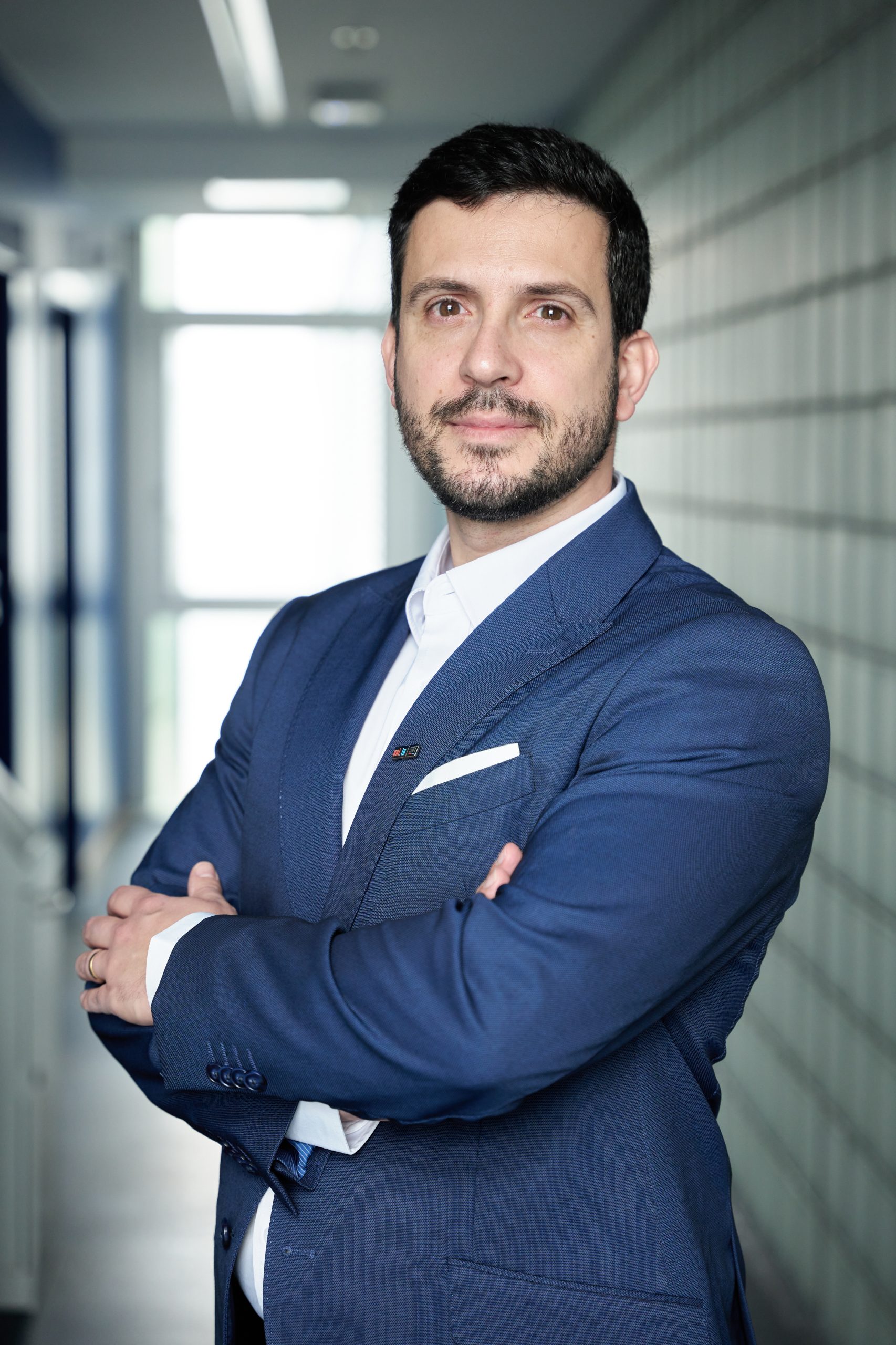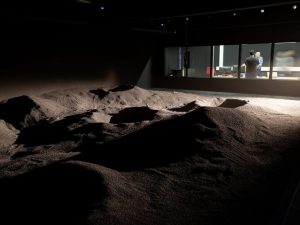Europe’s largest B2B space event is about to open in Bremen. Space Tech Expo Europe intends to gather 8,000 attendees during its first edition from 19 to 21 November. SnT will be part of it with a presence at Luxembourg Space Agency (LSA)’s exhibition booth. Space research is among the four strategic research areas of our interdisciplinary centre.
On the education side, we train tomorrow’ space professionals together with the Faculty of Science, Technology and Medicine (FSTM) thanks to the Master in Space Technologies and Business. The study programme is based on an innovative combination of business and technology to provide qualified workforce for new space companies or contribute to existing companies.
With research at our core, we are running many projects focusing on space. Some of these are with industrial partners. One of our partnerships with SES aims to create a fundamental shift in the existing ecosystem of 5G wireless systems. The project’s aim is a ubiquitous, intelligent, self-organized and secured satellite-terrestrial integrated system exploiting ground-breaking Satellite Communications (SatCom) technologies.
“This research enables us to advance the state-of-the-art based on a structured approach and a long-term plan aligned with the SES strategy. In parallel, it educates the next generation of satellite engineers that will reinforce SES ranks and the entire local space ecosystem” explains Symeon Chatzinotas, Full professor at SnT.
A bit of space on Earth
At SnT, space researchers benefit from top research facilities including the CubeSatLab; Zero-G Lab; QCI Lab; CommLab; HybridNet Lab; SnT-SES Lab; CDF; 6GSpaceLab and LunaLab.
These labs allow our researchers and partner companies to perform advanced research and simulation. Our LunaLab, for example, allows to simulate how robots can operate in the lunar environment, while our Zero-G allows the simulation of satellite operations in space without the effects of gravity.
Thanks to the interdisciplinary nature of SnT, Space CyberSecurity is also an emerging field of research and operations for all global players, where technologies such as quantum communications, quantum cryptography and defense applications can be developed at the center of Europe. In fact, SnT is leading the Luxembourg participation in the EuroQCI and establishing one of the first international quantum communication networks in Europe.
‟ The strength of SnT is this focus on transforming research into a product or a service for our local industrial partners”

Space Technology Transfer Officer
This ecosystem provides a state-of-the-art mechanism for identifying the needs of industrial players and tackling the challenges of research and development.
“The strength of SnT is this focus on transforming research into a product or a service for our local industrial partners” insists Eduardo Cruz, Space Technology Transfer Officer at SnT.
And with half of the doctoral candidates involved in industrial projects, SnT also plays a strong role in attracting skilled professionals from all over the world to Luxembourg. “Our graduates represent a pool of workers pre-trained to work in partner industrial companies”, adds Cruz.
The centre has four research groups fully dedicated to Space Research, and adjacent groups whose expertise is also used in Space related research occasionaly, such as computer vision or cybersecurity.
This topic is truly a pillar for SnT and that’s why our research centre is fully involved in the space events coming up in the next weeks.
After Space Tech Expo Europe, the Luxembourg Space Week is scheduled this year from 2 to 5 December. December is a busy month for space professionals in Luxembourg, with multiple events running in parallel: NewSpace Europe 2024 on 3December, Moon Village Workshop & Symposium from 2 to 3 December, the 1st European Interstellar Symposium from 2 to 5 December and the ESA Space for Inspiration from 4 to 5 December.
